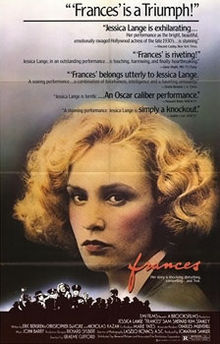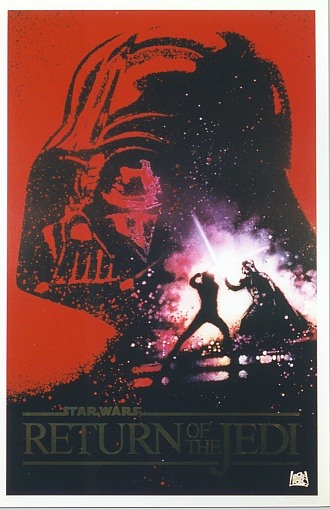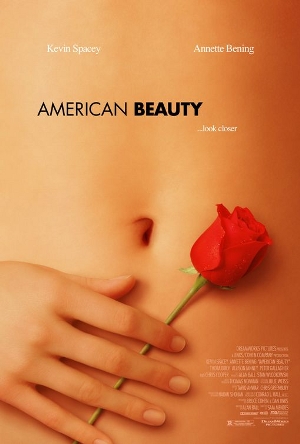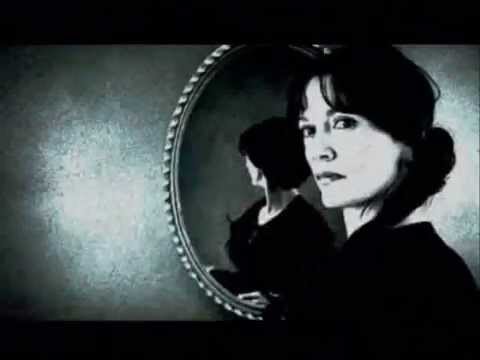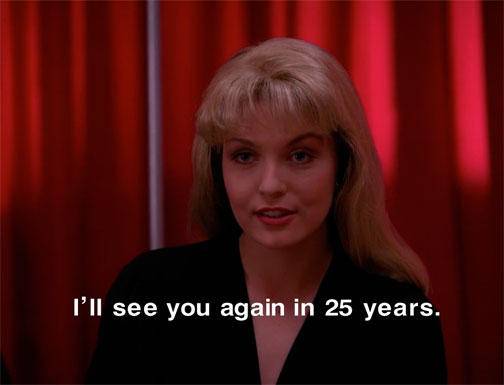Frances Farmer is one of the more tragic figures to come out of Hollywood’s Golden Age.
A talented and beautiful actress, Frances Farmer came out to Hollywood in the 30s and quickly developed a reputation for being difficult. She was politically outspoken at a time when stars were expected to either be apolitical or unquestioningly patriotic. She criticized scripts. She argued with directors and studio heads. She had a well-publicized affair with communist playwright Clifford Odets and she also had numerous run-ins with the police. Some say that she was alcoholic. Some say that she was bipolar. Some say that she had a mental collapse as the result of the pressure that her mother put on her to succeed. Frances Farmer ended up in mental institution, where she was subjected to shock therapy. After she was released, her film career was basically over, though she did end up hosting a local television program. She died in 1970, reportedly alone and struggling to make ends meet. In a posthumously published autobiography called Will There Ever Be A Morning?, she wrote that she was beaten, sexually abused, and eventually given a lobotomy while she was institutionalized. Over the years, there’s been a lot of doubt about whether or not Farmer was actually lobotomized but there is no doubt that Farmer was a woman who was ultimately punished for being ahead of her time. Frances Farmer refused to conform to the safe manufactured image that Hollywood prepared for her and, for that, she was nearly destroyed.
The 1983 film, Frances, is a biopic of Frances Farmer, starring Jessica Lange as Frances and Kim Stanley as her domineering mother. It opens with Frances writing a school essay about why she’s an atheist and it ends with her smiling blankly at a television camera, her independent spirit broken by a lobotomy. In between, we watch as Frances goes to Hollywood and has a self-destructive affair with Clifford Odets (played by Jeffrey DeMunn). The infamous moment when Frances was dragged out of a courtroom while screaming at the judge is recreated and Frances’s time in the institution is depicted in Hellish detail.
We also learn about Frances’s relationship with a communist writer named Alvin York (Sam Shepard). It seems like whenever Frances needs to be rescued or just needs someone to talk to, Alvin York pops up. In fact, you could almost argue that York pops up too often. Alvin York was a fictional character, one who was apparently created in order for audiences to have someone to relate to. It’s unfortunate that the film felt that the audience would only be able to relate to Frances if it viewed her life through the eyes of a fictional character because York’s character is a bit of a distraction. Sam Shepard does a good job of playing him and I certainly wasn’t shocked to learn that Sam Shepard and Jessica Lange were romantically involved during the filming of Frances (and for a long time afterwards) because Lange and Shepard do have a very real chemistry. However, from a narrative point of view, Alvin York only works as a character if one accepts that he’s a figment of Frances’s imagination. The film’s insistence that York is an actual person who just happens to show up at every important moment of Frances’s life just doesn’t work.
What does work is Jessica Lange’s performance. Lange is amazing in the role of Frances, whether she’s playing Frances as a hopeful idealist, an out-of-control rebel, or, tragically, as a glass-eyed zombie who has been reduced to appearing on television and assuring audiences that her rebellious days are over. Lange was nominated for Best Actress for Frances. She lost to Meryl Streep for Sophie’s Choice. I’ve seen Sophie’s Choice and Meryl was good but Jessica was better.
Frances was originally offered to David Lynch. He turned the film down so he could work on Dune and instead, the film was directed by Graeme Clifford, who takes a far more straight-forward approach to the material than Lynch would have. Still, Lynch’s interest in Frances Farmer would later lead to him working on stories that centered around a “woman in trouble.” One of those stories became Twin Peaks. Another would become Mulholland Drive.




